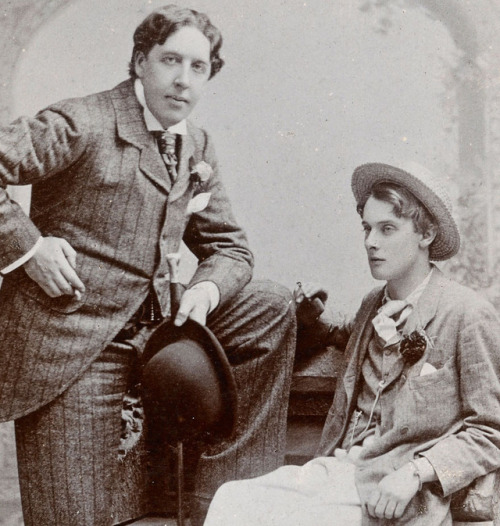

There is no mention of happiness, only of the sorrow and pain brought on by the merciless behavior of a young lover who has shown only ingratitude for the innumerable kindnesses, monetary support, and unconditional love Oscar has showered on him.īy all this rage and pain we understand that Oscar is still deeply in love.Ībout twenty minutes in, however, I began to shift in my seat. What follows is reproach upon reproach, accusations that Bosie’s profligacy and dissolute habits destroyed Wilde’s writing as well as his soul. “After long and fruitless waiting I have determined to write to you myself, as much for your sake as for mine, as I would not like to think that I had passed through two long years of imprisonment without having received a single line from you, or any news or message even, except such as gave me pain.”

You wouldn’t know it was a love letter at first. And it is from this standpoint, the purely human one, I want to approach the work. I sat down with a big crowd on opening day to listen.ĭe Profundis is a love letter of a very particular sort, the sort we’ve all written at some time in our lives. The full letter takes five and half hours to read aloud. And a reading of De Profundis has been scheduled every Sunday for the next six weeks in the prison chapel. The tiny, wretched cells in the four-story Victorian prison are crammed with extraordinary installations by more than a score of notable artists and writers as well as letters and memorabilia of Wilde himself. It had to be a letter because three pages a day of letter writing were all a sympathetic warden allowed the most talented man of letters in the country. The show celebrated the centenary of the posthumous publication of De Profundis, the very long letter Wilde wrote from his cell to Alfred Douglas. More than a hundred and twenty years later I rode the Great Western Railway from London to the city of Reading to view a major exhibition on Wilde at the only recently shut down prison. Wilde had dared to sue the Marquess of Queensbury, father of his lover Lord Alfred Douglas, for libel after Queensbury had publicly accused him of being a “Somdomite.” The resulting trial produced evidence of Wilde’s other homosexual activity and two more trials, attended by massive publicity, resulted in his conviction on a charge of “gross indecency.”

On May 25, 1895, the celebrated playwright and novelist Oscar Wilde entered Reading Gaol (as “jail” is spelled in British English) to serve two years’ hard labor for loving men instead of women.


 0 kommentar(er)
0 kommentar(er)
